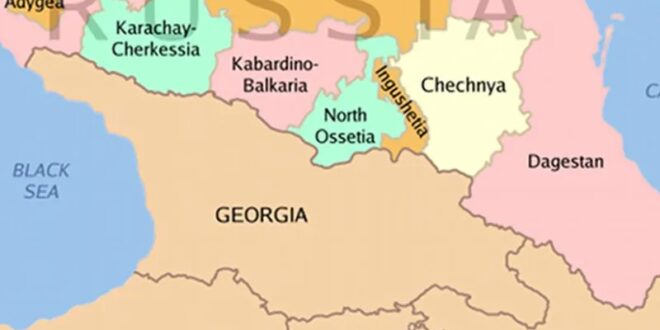The peoples of the North Caucasus and the majority of Russians are going in different directions mentally, increasing misunderstandings and hostility between them and the probability that this trend will lead to a fundamental break between them, Aleksandr Zhelenin says.
And what is most alarming, the Rosbalt commentator says, is that this divide is being unwittingly promoted by the Kremlin’s “conservative trend” which seeks to revive and cultivate “traditional values,” a policy that has difference consequences in Russian regions, on the one hand, and the North Caucasus, on the other (rosbalt.ru/blogs/2021/11/29/1933128.html).
Russians are vastly more urbanized and modernized and thus far more resistant to any effort to get them to return to traditional values and practices, Zhelenin says, while North Caucasians are more rural and thus more traditional in their orientation and welcome suggestions that they can and should restore the past.
As a result, the Kremlin’s policy is working far more effectively in the North Caucasus than in Russian cities where three-quarters of all Russians now live, something that might not be a problem if all the traditions of the North Caucasians were positive and if modernized Russians were fully guided by new values.
But that is not the case: many traditions North Caucasians seek to restore are at odds with Russian laws and Russian traditions, and many Russians consciously reject traditions which are more communal than individual in their orientation. And that division means that they are increasingly different and that the Kremlin has problems with both.
 Eurasia Press & News
Eurasia Press & News


